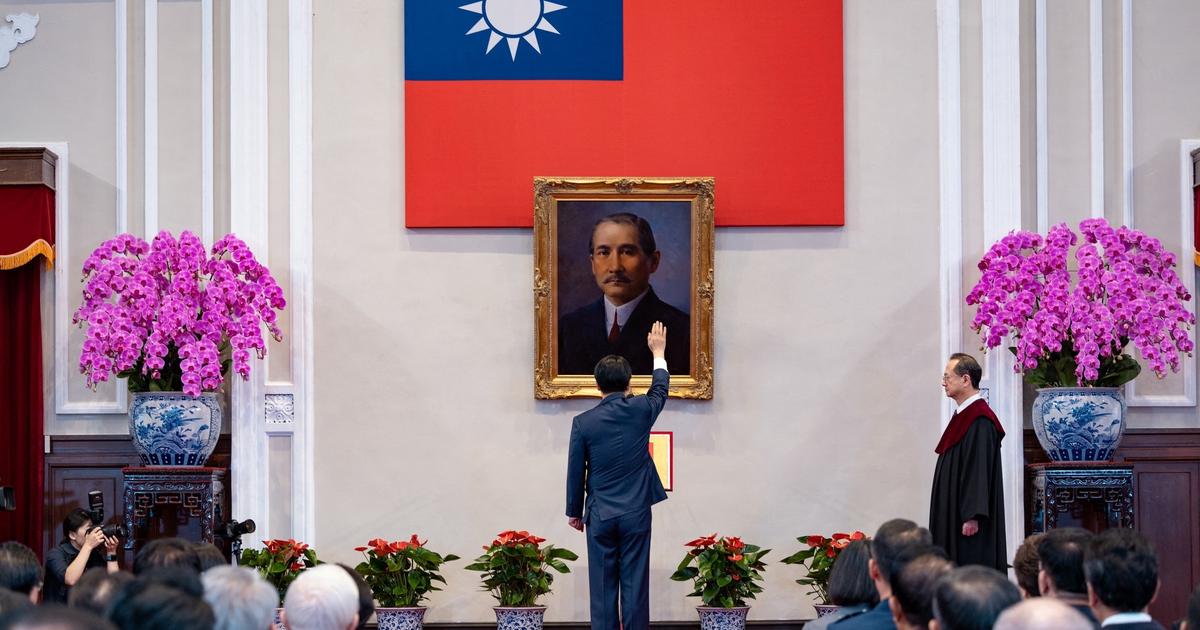Lai Ching-te Inaugurated as Taiwan's President Amidst Tensions with China
Lai Ching-te was officially inaugurated as Taiwan's new president on the 20th of this month. In his inaugural address, Lai emphasized the importance of maintaining the status quo while urging China to engage in dialogue. Despite Beijing's characterization of Lai as a 'dangerous separatist,' he assured that Taiwan will not pursue formal independence but will strengthen its defense capabilities to deter any aggressive actions.
Emphasis on Sovereignty and Defense
President Lai Ching-te reaffirmed Taiwan's sovereign status, stating, 'China's plot to annex Taiwan will not go away.' He emphasized the necessity of bolstering Taiwan's defense capabilities to stand firm against any threats from China. Lai also highlighted the strategic importance of Taiwan's semiconductor industry, labeling it a key player in the global economy and essential for the 'world's democratic supply chain.' He pledged to turn Taiwan into an 'AI island,' promoting the industrialization of AI technology to foster both military and economic strength.
International Support and Cooperation
The inauguration was attended by several international dignitaries, including Japanese parliamentarians, showcasing Taiwan's strong external alliances. U.S. Secretary of State Antony Blinken congratulated Lai and expressed hope for deepening the U.S.-Taiwan informal relationship and maintaining peace and stability across the Taiwan Strait. Additionally, Japan reaffirmed its commitment to deepening its cooperation with Taiwan, emphasizing the shared values and close economic ties between the two nations.
Meanwhile, the Chinese government responded by imposing sanctions on three U.S. companies involved in arms sales to Taiwan. This move is seen as a direct counter to the increasing U.S. involvement in Taiwan's defense. The sanctioned entities include General Atomics Aeronautical Systems, General Dynamics Land Systems, and Boeing's defense division, all of which play a significant role in Taiwan's military capabilities.
- Before Lai's inauguration, China's Taiwan Affairs Office labeled efforts towards Taiwan’s independence as reaching a 'dead end,' emphasizing that any trajectory towards secession is doomed to failure. President Lai has been mindful of this by not declaring formal independence but instead focusing on maintaining the status quo and enhancing Taiwan's defense readiness.
- Lai also called upon opposition parties within Taiwan to work together for the nation's betterment, emphasizing that 'the interests of the country take priority over the interests of political parties.' This appeal aims to foster unity in tackling the external threat posed by China's aggressive stance.
- The Chinese social media platform Weibo blocked hashtags referencing Lai’s inauguration, indicative of Beijing’s stringent control over public discourse concerning Taiwan. Despite the diplomatic tensions, Lai reached out to China for dialogue and cooperation based on equality and dignity, reinforcing Taiwan’s stance on sovereignty.






